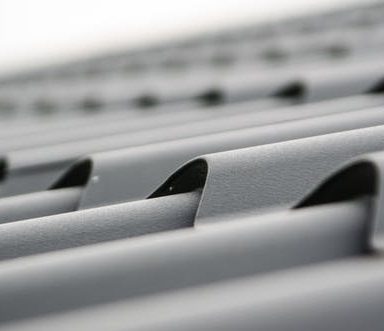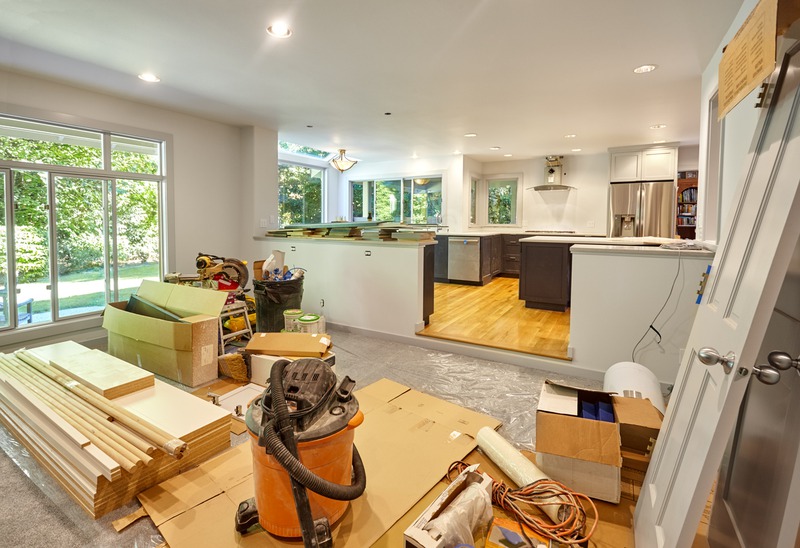Porcelain countertops are quickly becoming a favorite among homeowners. Their sleek design, durability, and ease of maintenance make them an attractive option for kitchen and bathroom spaces.
What Are Porcelain Countertops?
Porcelain countertops are a type of ceramic surfacing material made from fine, high-quality clay. They are heated at extreme temperatures to remove most of the moisture, resulting in a very durable, non-porous, and resistant surface. Owing to their construction, they are ideal for both bathroom and kitchen installations because they are resistant to heat, stains, and bacteria.
Benefits of Porcelain Countertops
When incorporated into homes, porcelain countertops offer several advantages:
- Durability: High-quality porcelain countertops can withstand high temperatures, scratches, and heavy use, making them ideal for busy homes.
- Hygienic Qualities: Being non-porous, porcelain countertops are resistant to bacteria and mold, which is a substantial advantage for kitchen and bathroom surfaces.
- Versatility: Available in a variety of colors and designs, porcelain countertops can match any home decor style, making them a versatile choice for all homeowners.
- Maintenance: Porcelain countertops are easy to clean and maintain, requiring just a simple wipe-down for most messes, which is a plus for busy households.
- Resistance: They are resistant to UV light, scratches, and high temperatures, making them perfect for both indoor and outdoor use.
- Consistent Pattern: Unlike natural stone, which may have veins and inconsistency, porcelain patterns are constant, providing a uniform and sleek look.
- Cost-effective: Though not the cheapest on the market, the longevity and low maintenance of porcelain often lead to cost savings in the long run.
Installation of Porcelain Countertops
Proper installation of porcelain countertops is crucial to their lifespan and functionality. Precision is key during installation to ensure the countertops are level and secure. It’s also important to seal the edges properly to prevent any water seepage that might weaken the countertop structure over time.
Use of Porcelain Countertops in Kitchens and Bathrooms
The use of porcelain countertops in kitchens and bathrooms has become increasingly popular due to their versatility and resilience. They can withstand the steamy environment of a bathroom and the high traffic of a kitchen. And when it comes to cleaning, a simple wipe-down is often all that’s required.
Let’s talk about porcelain bathroom countertops. Aside from their aesthetic appeal, they are highly resistant to moisture, making them ideal for bathroom use. Their stain resistance means they can stand up to the various grooming and beauty products used in a typical bathroom.
Essential Porcelain Countertop Maintenance
Maintaining your porcelain countertops ensures they retain their beauty and functionality for years to come. Routine cleaning for porcelain countertops and timely care can greatly extend their lifespan.
Porcelain Countertop Care
General porcelain countertop care is simple, but there are a few pointers worth noting. First, avoid using harsh or abrasive cleaners. Secondly, always use a cutting board instead of cutting directly on the countertop to avoid scratches.
Cleaning Products for Porcelain Countertops
When it comes to cleaning products for porcelain countertops, less is more. A variety may be used, including cleaning porcelain with Windex or with white vinegar. It’s always best to test a small area first to ensure there’s no discoloration.
- Cleaning Porcelain with Windex: Windex can be a good choice for cleaning porcelain countertops. It can effectively remove stains and leave your surfaces shining. However, it’s advisable to always rinse with clear water after the use of any cleaning products, including Windex, to prevent any residue.
- Cleaning Porcelain with White Vinegar: If you’re looking for a natural cleaning solution, cleaning porcelain with white vinegar is a good option. Vinegar is a natural disinfectant and can effectively wipe away dirt and grime. Just remember to rinse with clear water to avoid leaving a vinegar smell.
Kitchen Countertops and Cabinets
Moving on from porcelain, we take a brief look at kitchen cabinets in Bucks County. Cabinets dramatically influence the overall look and functionality of your kitchen. Your choice should blend seamlessly with the overall design and style of your kitchen, including any countertop choice.
Let’s Get Stoned Granite is a popular choice for kitchen countertops. Granite offers a timeless elegance that can complement any kitchen design and also the durability that ensures it stands up to the rigors of daily kitchen life.
Advanced Porcelain Countertop Cleaning
For those deep-set stains or scratches, a more extensive cleaning process may be required.
How to Remove Stains from Porcelain Countertops
If routine cleaning doesn’t take care of the stain, you can try a paste made from baking soda and water. Apply the paste, let it sit for a few minutes, and then rinse off. This simple solution is great for removing stubborn stains from your porcelain countertops.
How to Remove Scratches from Porcelain Countertops
Scratches can be removed or minimized with some careful fine sanding, but it is always best to prevent scratches from occurring in the first place. Using cutting boards and avoiding the use of sharp objects directly on the surface can prevent scratches.
Conclusion
Caring for your porcelain countertops doesn’t have to be a difficult task. With proper care and attention, they can continue to add beauty and value to your home for many years. Cleanliness, prevention of stains and scratches, and occasional deep cleaning are all part and parcel of porcelain countertop maintenance. With these measures in place, you can sit back and enjoy the beauty and utility of your investments.




